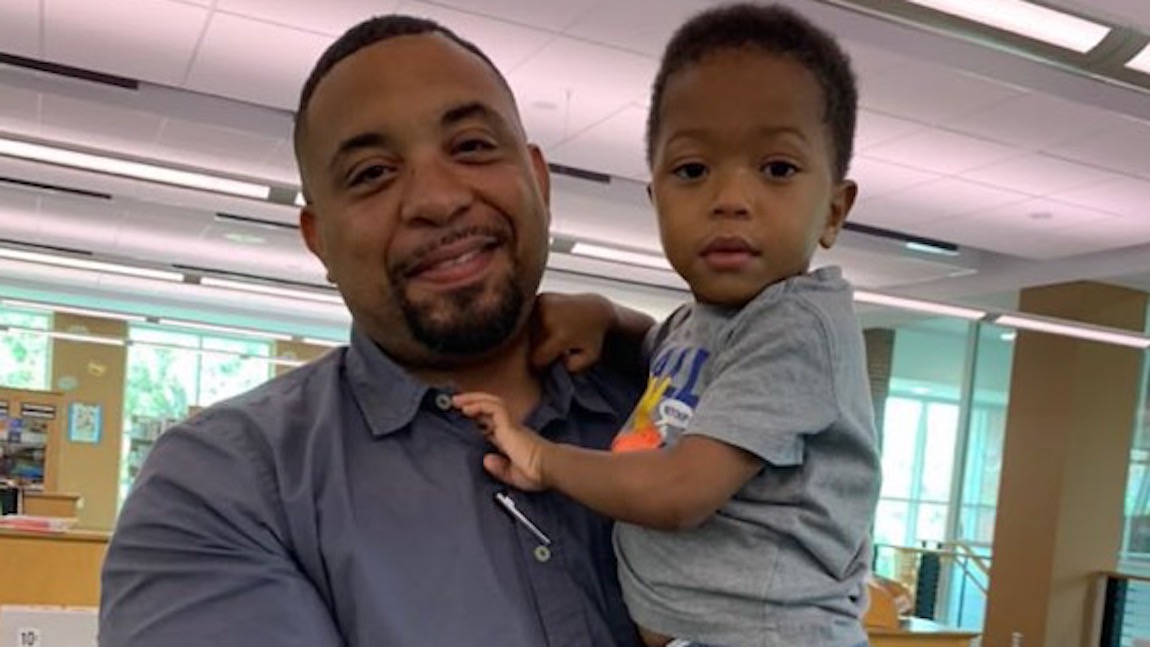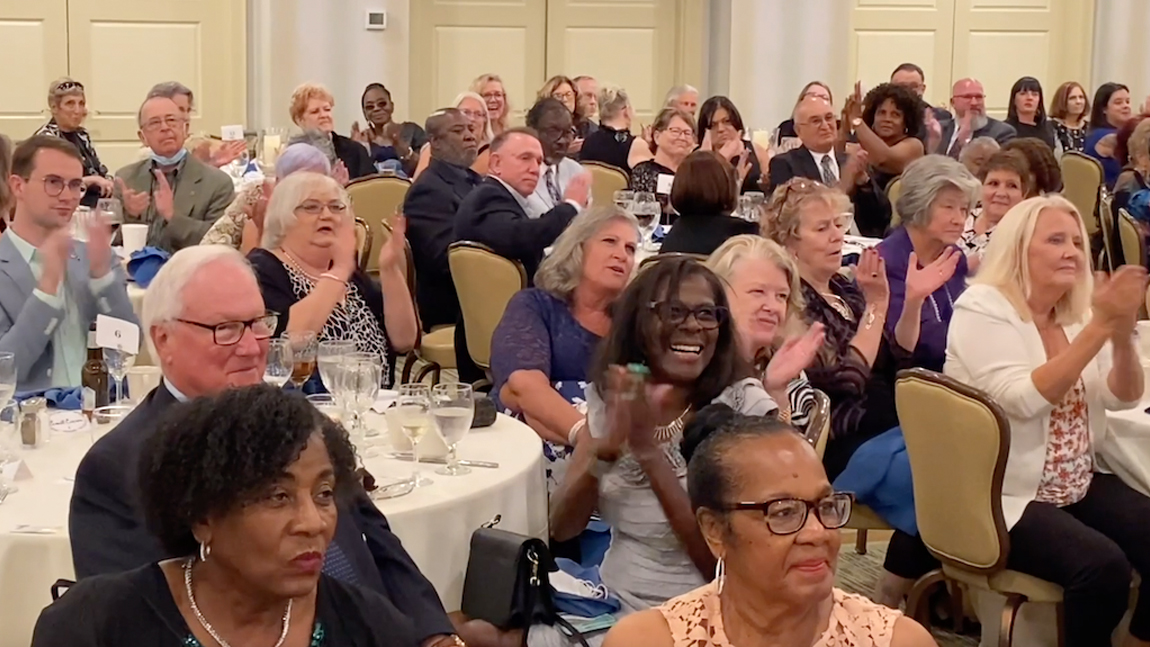By Dameion B. Fowler
There are obscene disparities when it comes to disciplinary action in Horry County Schools.
According to documents obtained from the schools district via a Freedom of Information Act request, in a school district that has a black student population of 20 percent, in the first part of the 2016-2017 school year we see that Black students accounted for 64 percent of the expulsions, 39 percent of the referrals to alternative schooling, 42 percent of in-school suspensions, and 45 percent of out-of-school suspensions.
The U.S. Dept. of Education’s Office of Civil Rights (OCR) 2015 numbers are consistent in this disparity. As the data will show, in a school district comprised of a Black student (without disabilities) population of 17.6 percent, OCR reported that this population represented:
- 49.3 percent of referrals to law enforcement.
- 47.3 percent of the transfers to alternative schooling.
- 45.4 percent of school related arrests.
- 8,437 missed days from school due to out of school suspension, compared to 7, 596 missed days by white students (without disabilities) for the same reason.
We must conclude that these disparate exclusionary actions speak to the fact that too many teachers in the Horry County School District have allowed their perceptions of Black students to be tainted by racial prejudice.
“Why does it have to be about race?” You may ask. “Could it be that Black children are misbehaving more than other students?”
To answer that question, I offer the following:
“Although discriminant analysis suggests that disproportionate rates of office referral and suspension for boys are due to increased rates of misbehavior, no support was found for the hypothesis that African American students act out more than other students. Rather, African American students appear to be referred to the office for less serious and more subjective reasons. Coupled with extensive and highly consistent prior data, these results argue that disproportionate representation of African Americans in office referrals, suspension and expulsion is evidence of a pervasive and systematic bias that may well be inherent in the use of exclusionary discipline.” (“Racial Disproportionality in School Discipline: Implicit Bias is Heavily Implicated”. Kirwan Institute at Ohio State University, 2014)
There is also an alarming paper that reveals that Black boys are viewed by white society as “less innocent and older than white boys of the same age.” (“The Essence of Innocence: Consequences of Dehumanizing Black Children”, Journal of Personality and Social Psychology, 2014).
This has massive implications regarding the persistence of racial disparities of disciplinary actions in the classrooms. For example, one Yale University study found that preschool teachers disproportionately watch and monitor Black boys for misbehavior when compared to children of other races. (Yale University Child Study Center report, Sept. 28, 2016)
This bias in reference to disciplinary action is a common trend across the nation and, unfortunately, the Horry County School District is absolutely no different. If the HCS district continues this trend, it will not only be guilty of being complicit in the infamous “school to prison pipeline”, it also will deprive scores of Black children of the quality education they rightly deserve.
Horry County must become much more progressive in how it handles discipline:
- We must replace this system that criminalizes young people with a system of restorative justice.
- We must embrace pedagogical standards that reflect the culture, folkways, norms, mores, and lived experiences of children of all socio-cultural and racial backgrounds.
- We need more Black teachers. Students (Black and white) are less likely to be subjected to exclusionary discipline (suspension, expulsion, detention, etc.) when taught by Black teachers. (“Teacher Race and School Discipline”, Education Next Magazine, 2017)
In conclusion, the time for ignoring this issue is over. This treatment of our children must no longer be tolerated, and it is now time for us to take personal responsibility for our failures when it comes to our youth of our community.





